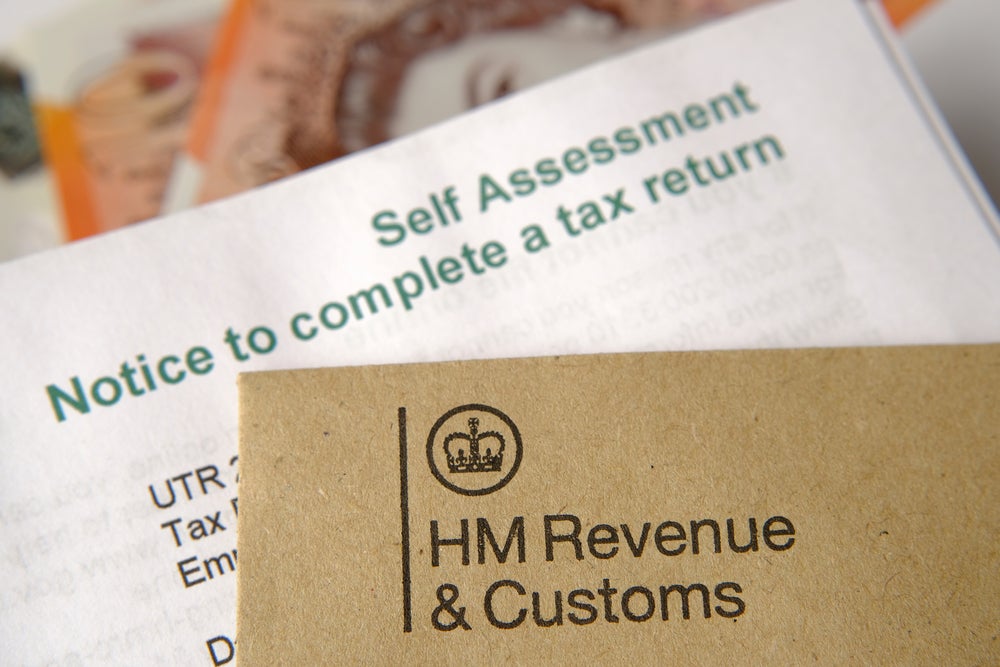
Accountants are being forced to turn away thousands of people every year who are still leaving it too late to approach them for help with their self-assessment tax returns, says specialists in tax and accountancy software at Thomson Reuters. UK self-assessment returns must be submitted by midnight on 31 January.
Thomson Reuters general manager for tax and accounting professionals (UK), Simon Brookings, explains that too many taxpayers try to sign up as last minute customers of accountancy firms, ignoring the plea from accountants to contact them early if they would like them to help them with their tax return.
Taxpayers that leave it too late to contact an accountancy firm risk making mistakes on their return if forced to do it themselves, or a fine for filing late. Late filing carries a fine of £100 ($123.3). If the return is filed more than three months late, an additional fine of £10 per day is levied.
Brookings said that the stories of customers walking into an accountancy firm with “plastic bags of receipts” in late January and expecting accountants to be able to deal with their tax return are accurate.
Brookings detailed: “January is already accountants’ busiest time of the year and people who leave it until then even to engage with an accountant are really risking being turned away.”
“The technology for getting tax returns done is increasingly slick and efficient but the huge workload that accountants have in January makes it very hard for them to take on new customers in the weeks ahead of the deadline.”
How well do you really know your competitors?
Access the most comprehensive Company Profiles on the market, powered by GlobalData. Save hours of research. Gain competitive edge.

Thank you!
Your download email will arrive shortly
Not ready to buy yet? Download a free sample
We are confident about the unique quality of our Company Profiles. However, we want you to make the most beneficial decision for your business, so we offer a free sample that you can download by submitting the below form
By GlobalDataAs well as incurring penalties the late filing of tax returns can also be seen as a ‘red flag’ by HMRC, putting the individual concerned at greater risk of a tax investigation.
Thomson Reuters says that investigations into individuals and small businesses raised £5.7bn ($7bn) in 2021/22, 54% more than the £3.7bn they raised in 2020/21.
For every pound spent on investigations into individuals, HMRC receives £6.60 back in additional tax yield. The fact that it is able to bring in so much money from investigations makes it likely HMRC will continue to focus on investing in investigations in this and future years.
Accountancy firms try to incentivise people to file their taxes returns early, even offering considerable fee reductions for doing so. However, every year many people leave signing up as a client it to the last minute, leaving accountants swamped.
Technology has a valuable role to play in helping accountants solve for the pressures of tax season, as well as all year round. By investing in the latest technology, accountants and their technology providers can help make filing tax returns simpler and more efficient, including Thomson Reuters’ Digita Personal Tax software. Digita is an integrated tax and accounting solution which automates compliance tasks, reducing the risk of errors.
Simon Brookings said: “It’s never a good idea to leave your tax return until the very last minute and late filing puts taxpayers at higher risk of investigations from HMRC. Being the subject of a tax investigation can be very costly and time-consuming. The best way to avoid such a major inconvenience is to work with your accountant well in advance of the deadline to get your tax return submitted early.
“For accountants we also encourage them to regularly review the software and tools at their disposal to ensure they make technology work for them and help lighten the load of tax season. This is critical not only for efficiency and productivity but also to help combat stress and burnout which affects the accounting sector at pressured times of year.”
31 January is also the deadline for self-assessment taxpayers to pay half of their total 2022/2023 tax bill. On 1 March taxpayers face a penalty of 5% of any tax unpaid. They will also face interest charges on late payments which have increased to 6%
The interest rate which taxpayers have to pay to HMRC on late taxes was put up from 2.75% this time last year to 6% now.






